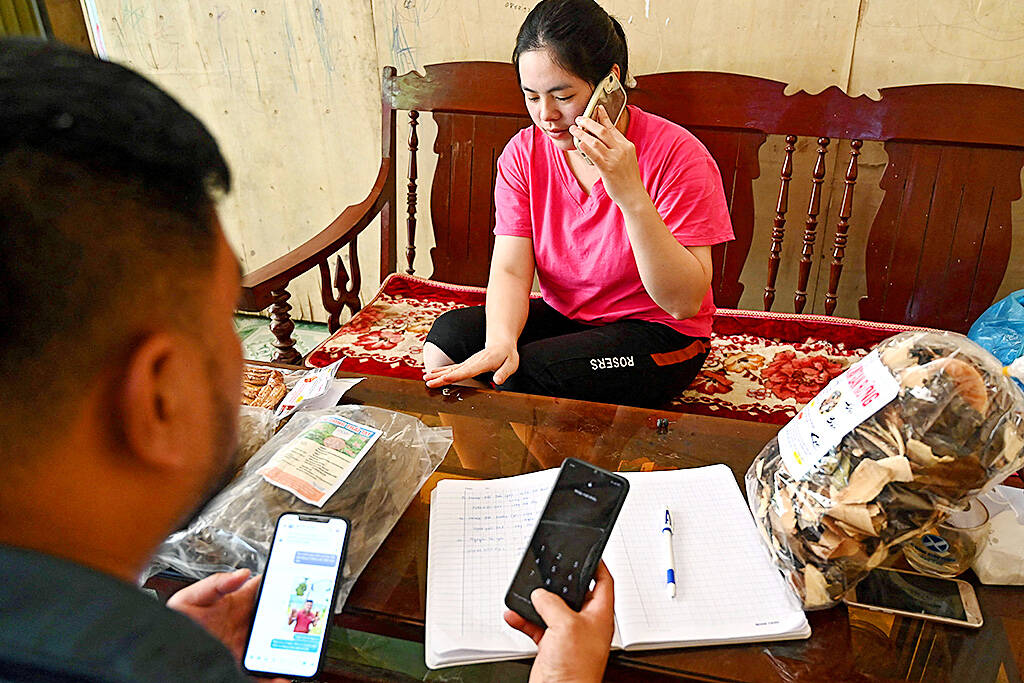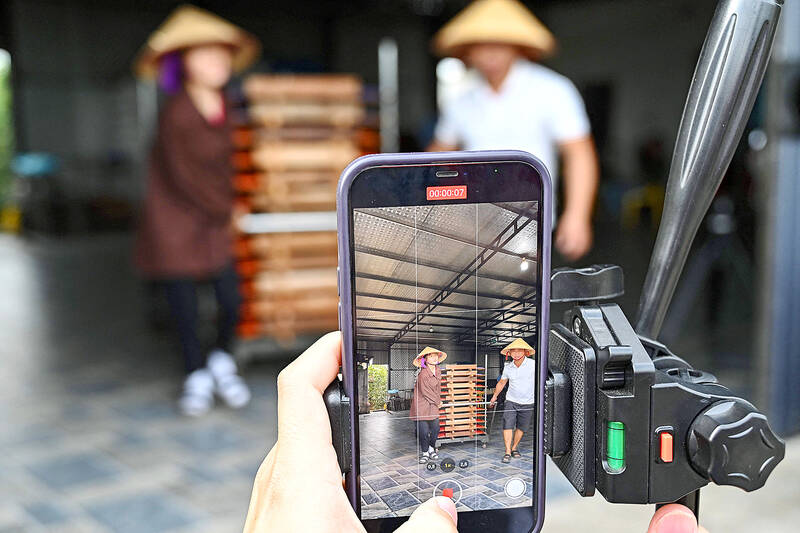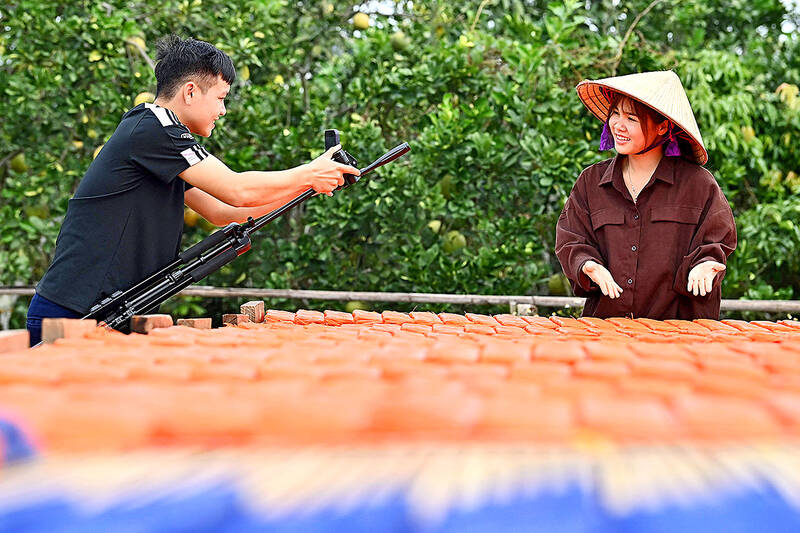Fed up with poor pay, Vietnam workers turn to TikTok
3 min readVi Thi Anh spent half a decade doing monotonous low-paid work in industrial hubs near Vietnam’s capital Hanoi, assembling mobile phones for global electronics companies including Samsung.
Then she discovered she could earn vastly more hawking food products to thousands of followers as one of the country’s growing cadre of TikTok livestreamers.
Communist Vietnam’s supply of cheap labour has attracted some of the world’s top companies, but climbing salary expectations have enticed many young people to leap into the exploding business of social commerce – whether to boost their incomes or to extricate themselves from dead-end jobs.
Anh, 23, said she earned just $400 per month in her “boring” factory job, barely enough to cover her rent and food, before she was laid off in 2021 thanks to falling orders from the West.

She found another factory job, but soon “turned to full-time livestreaming so I could earn more for my family,” Anh told AFP, the thick rice noodles she sells online laid out behind her, drying in the sun.
On her TikTok channel, which has over 350,000 followers and 15 million likes, orders fly in for the $4 noodle packs, made by her uncle.

“This pack of noodles is so colourful but completely safe and delicious,” Anh tells her audience, pointing to red, yellow and purple bundles.
Between June and September this year, more than 118,000 people, mostly in the garment and footwear sector, lost their jobs in Vietnam, according to official figures.

At her home in northern Bac Giang province, Anh said that as she did, workers fear “that if they are laid off, they have no way of earning a living”.
Livestreaming, she said, offers a way to ease that worry.
Booming e-commerce
Nearly 80 per cent of Vietnam’s 100 million people have access to the internet, and according to a recent survey by the data agency Statista, a similarly high percentage of Gen Z use TikTok.
“Farmers, workers and students can easily start their channels,” said Nguyen Doan Ky, co-founder of the DC 3 Do agency, which offers social media and livestreaming services.
“Online selling used to be only for businesses or shop owners. Now it is an opportunity for everyone.” As in neighbouring China, where farmers are making big money on TikTok, e-commerce is booming in Vietnam, with sales growth averaging 30 per cent year over year for the last decade.
Vietnam is one of the world’s top 10 growth markets and turnover is expected to reach more than $20 billion this year, according to the Ministry of Industry and Trade.
‘Digital farmer’
Tran Thanh Nam, an education psychology expert, cautioned that although social commerce has become popular, TikTokers needed to keep updating their skill sets.
“Businesses that take off in a short space of time… can also turn into failures quickly,” he said.
But he understood the appeal, he added.
“Becoming a worker in a factory or industrial zone is a way to use up all one’s youth and health… and they lose a lot of other opportunities.”
According to state media, on TikTok alone, 30 training programs on digital transformation attracted thousands of learners in 2022.
Among other blue-collar workers to have found an audience and a decent income is Loc Fuho – a former builder with 2.5 million followers who livestreams lessons in masonry and plastering.
Dai is still happy to be a farmer, “but a digital one”, who has influence and a good income.
“I expect nothing more,” Dai said
For the latest news, follow us on Twitter @Aaj_Urdu. We are also on Facebook, Instagram and YouTube.


























Comments are closed on this story.